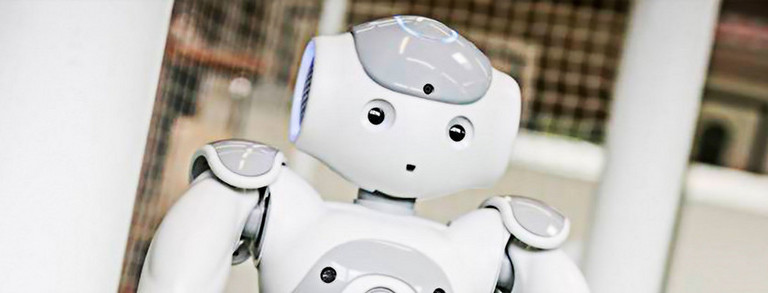NRW Funds Three Patent-Pending Inventions from TU Dortmund University
- Founding & Transfer
- Top News
- Research

In the second round of the “NRW Patent Validation” program launched by NRW’s state government, an independent advisory committee has recommended 15 projects for funding – ranging from earthquake protection to current sensors and energy storage to quantum technologies. “The very wide range of applications is an impressive demonstration of our state’s innovative capability: North Rhine-Westphalia is pioneering when it comes to innovation! We want to foster the market-oriented further development of inventions, increase the chances of their commercialization and in this way facilitate the business community’s access to innovations,” said Mona Neubaur, NRW’s Minister for Economic Affairs, Industry, Climate Action and Energy, adding: “To further boost the transformation process in NRW and strengthen our economy’s competitiveness, we need visionary projects. I am delighted that we are able to support the quicker market introduction of so many clever ideas.”
The program is supporting three inventions from TU Dortmund University along the path to market maturity: Professor Frank Jenau and Tobias Kuhnke from the Department of Electrical Engineering and Information Technology have developed an optical measuring technique that compensates for temperature effects in current sensors. Professor Stefan Tappertzhofen, also from the Department of Electrical Engineering and Information Technology, has invented a method for the simplified production of quantum structures. The third project – by Dr. Michael-David Fischer, Professor Norbert Kockmann and Alexander Behr from the Department of Biochemical and Chemical Engineering – is concerned with the development of a patented heat exchanger that saves energy in bathroom showers.
BiQsens: Optical measuring technique to compensate for temperature effects in current sensors
The goal of the BiQsens project is the patent validation of an innovative measuring technique that can be used to compensate for temperature effects in current sensors. The low-insulation and resource-friendly sensors are needed to measure power transmission through high-voltage direct current lines. With the help of the optical measuring technique, the current sensors should become cheaper and more reliable. Their increased use would also contribute to achieving climate neutrality.
MemQuS: Simpler and cheaper production of innovative quantum structures
Producing quantum electronic components with a low manufacturing tolerance is a technical challenge. That is why the MemQuS project is pursuing an approach that enables the production of innovative programmable quantum structures, for example for quantum sensor technology or quantum computing, with substantially simpler and cheaper manufacturing processes.
SHOWER: Development of a prototype heat exchanger for energy saving in bathroom showers
Bathroom showers are a household’s second largest energy consumer. At the same time, waste heat is the largest unused energy source. To utilize waste heat in private homes, the researchers in the SHOWER project are developing a prototype for a maintenance-free heat exchanger, which could save over half the energy used to produce hot water. This technology would make it possible to save up to 10 million tons of carbon dioxide every year in Germany alone.
The Center for Entrepreneurship & Transfer (CET) at TU Dortmund University helped the researchers to apply for the validation program. The State of North Rhine-Westphalia and the European Union are supporting the 15 projects with total funds of around 2.3 million euros from the European Regional Development Fund (ERDF).





![[Translate to English:] Partner Four hands are holding the green logo of TU Dortmund University](/storages/tu_website/_processed_/1/d/csm_Partner_Nicole_Rechmann_KW_670eba0154.jpg)




![[Translate to English:] Forschung An apparatus with tubes in a laboratory](/storages/tu_website/_processed_/0/c/csm_Forschung_Juergen_Huhn_4fa3153b51.jpg)
![[Translate to English:] Studium Five students are sitting in a lecture hall. They are talking to each other.](/storages/tu_website/_processed_/c/9/csm_Studium_FelixSchmale_dbdbfb0dd7.jpg)






